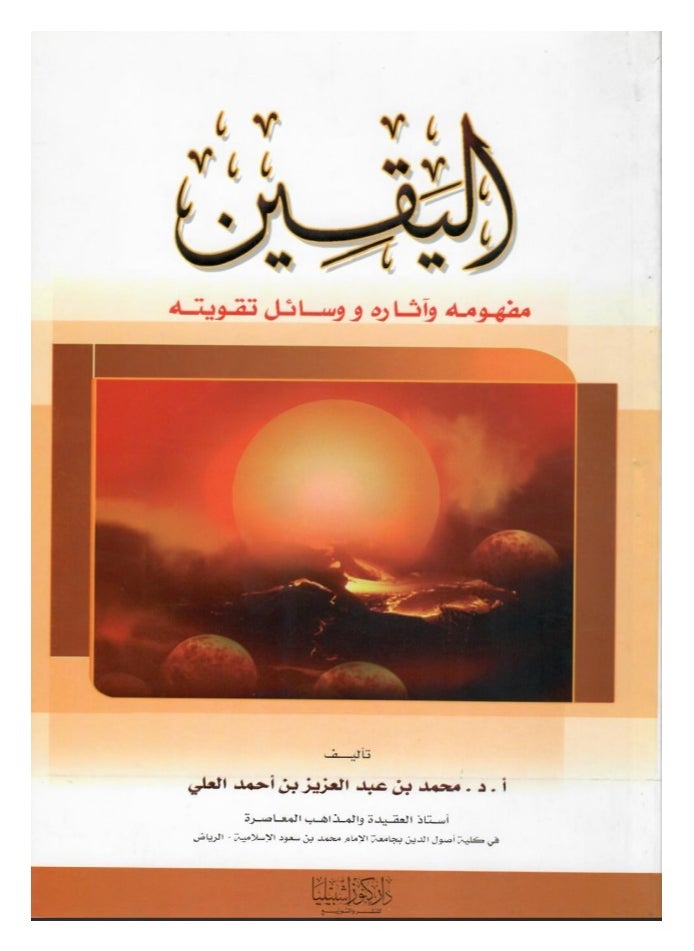English
- استرجاع مجاني وسهل
- أفضل العروض
1
متوفر قريبا
المواصفات
| الناشر | Verso Books |
| رقم الكتاب المعياري الدولي 13 | 9781786635303 |
| رقم الكتاب المعياري الدولي 10 | 1786635305 |
| اللغة | الإنجليزية |
| العنوان الفرعي للكتاب | The Russian Revolution |
| وصف الكتاب | Preface by Jesse Benjamin and the Walter Rodney Foundation Introduction by Robin D.G. Kelley Afterword by Vijay Prasad In his short life, the Guyanese intellectual Walter Rodney emerged as one of the leading revolutionary thinkers of the Black Sixties. He became a leading force of dissent throughout the Caribbean and a lightning rod of controversy. The 1968 Rodney Riots erupted in Jamaica when he was prevented from returning to his teaching post at the University of the West Indies. In 1980, Rodney was assassinated in Guyana, reportedly at the behest of the government. In the mid-'70s, Rodney taught a course on the Russian Revolution at the University of Dar es Salaam in Tanzania. A Pan-Africanist and Marxist, Rodney sought to make sense of the reverberations of the October Revolution in a decolonising world marked by Third World revolutionary movements. He intended to publish a book based on his research and teaching. Now historians Jesse Benjamin, Robin D. G. Kelley, and Vijay Prashad have edited Rodney's polished chapters and unfinished lecture notes, presenting the book that Rodney had hoped to publish in his lifetime. 1917 is a signal event in radical publishing, and will inaugurate Verso's standard edition of Walter Rodney's works. |
| عن المؤلف | Jesse Benjamin is Associate Professor of Sociology and Criminal Justice at Kennesaw State University. The author of more than 60 articles, chapters, and books, he chairs the publication committee of the Walter Rodney Foundation.Robin D. G. Kelley is professor of history at UCLA. He is the author of five books, most recently Africa Speaks, America Answers!: Modern Jazz in Revolutionary Times.Vijay Prashad is the Director of Tricontinental: Institute for Social Reseach and Chief Editor of LeftWord Books. He is the author of The Poorer Nations and the editor of Letters from Palestine, both from Verso.Walter Rodney was an internationally renowned historian of colonialism and a leader of Black Power and Pan-African movements across the diaspora, most notably the Guyanese Working People's Alliance. His life and work brought together struggles for independence on the African continent with the strivings of the black working classes of North America and the Caribbean basin. On June the 13th, 1980, Rodney was assassinated, most likely by the then-president of Guyana. He was 38 years old. |
| تاريخ النشر | 7/10/2018 |
| عدد الصفحات | 240 |
1917: The Russian Revolution Paperback English by Walter Rodney - 7/10/2018
تمت الإضافة لعربة التسوق
مجموع السلة 0.00 ر.س.




























































































































